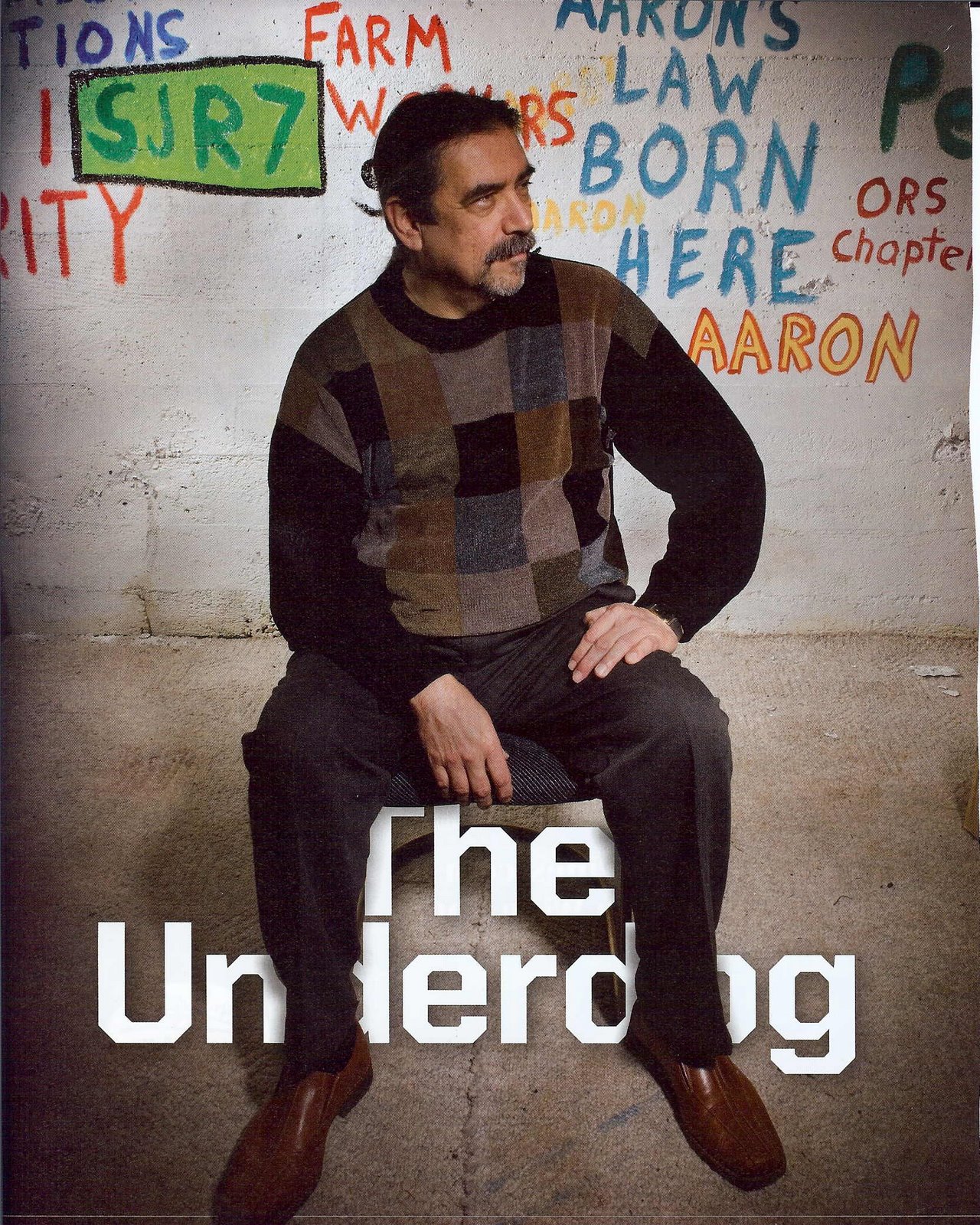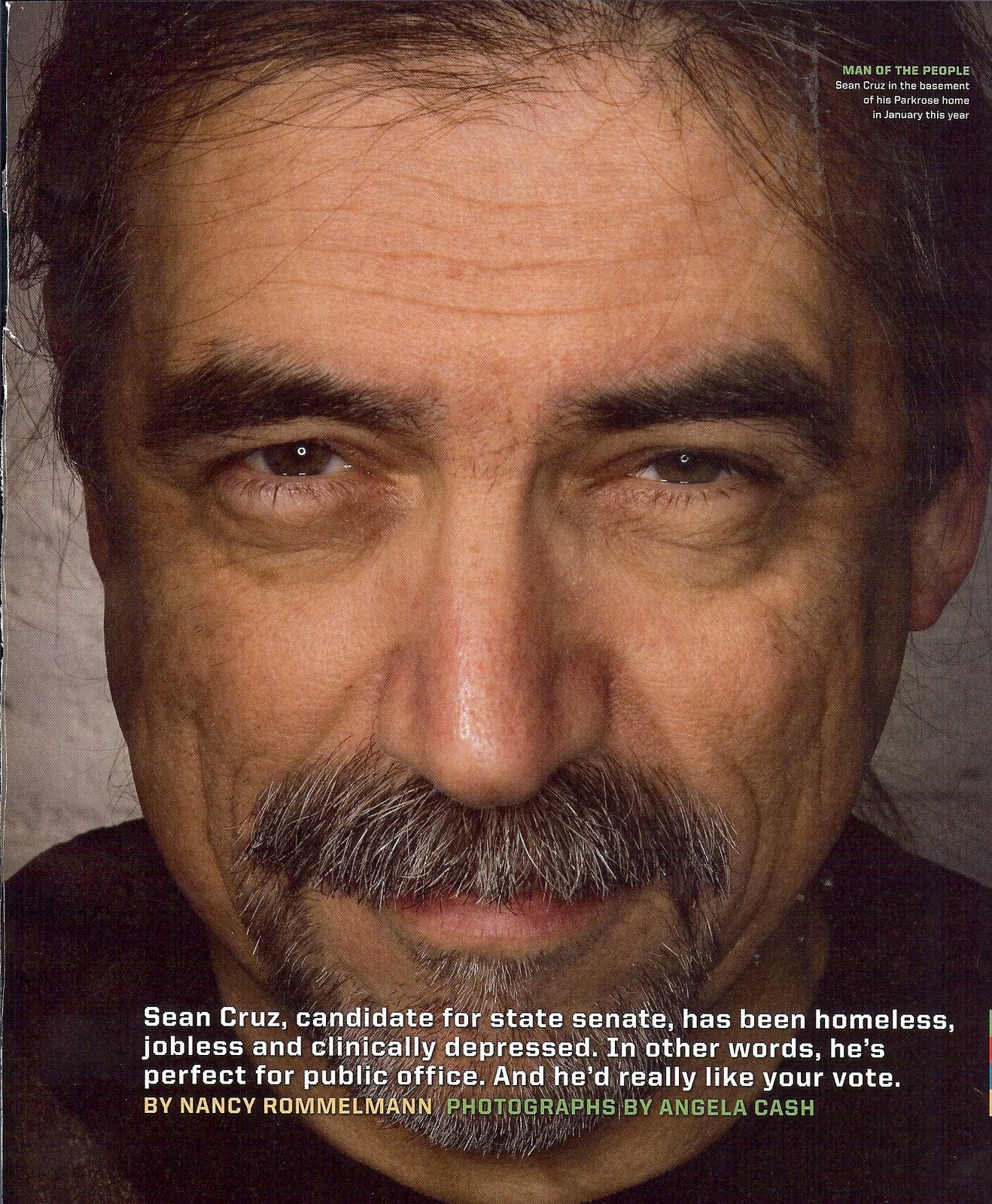Portland, Oregon-- The Sunday, March 30 Oregonian editorial stated “…a strong case can be made that the truly momentous decisions facing this state's voters will be lower on the ballot, embodied in the men and women who end up nominated to run next fall for the Legislature…. Legislative elections are always important in the state, but possibly never more so than this year. “
The editorial noted the broad question of attitude and intent in the context of the sagging economy and the legislature’s immediate partisan history, and then posed several questions “voters all across the state should be asking:”
Here’s the link:
http://www.oregonlive.com/editorials/oregonian/index.ssf?/base/editorial/1206732319249090.xml&coll=7
These are good questions, but they are not all of the good questions voters should be thinking about as the May 20 primary nears.
Here are some more:
Which candidate will focus more strongly on resolving hunger and food insecurity, low food bank stocks and the threats rising food prices bring to our communities?
Which candidate will serve on a legislative committee that works directly on access to affordable health care, preventative care, prescription anxiety, mental health, replacement of the Oregon State Hospital and the development of a statewide community of care?
With Oregon’s aging population, a critical shortage of nurses and nurse-training classes, with service-related disabilities skyrocketing from the wars in Iraq and Afghanistan, which candidate will be better positioned to make the right choices in determining state policy to serve seniors and people with disabilities?
Which candidate is better equipped to deal with issues related to the occupation of Iraq and the war in Afghanistan as they impact Oregonians and the state’s economy? Who will stand for Oregon’s 300,000 veterans?
Which candidate is likely to be more effective in moving the state through the mortgage crisis and addressing affordable housing and homelessness?
Which candidate is likely to be more effective in moving the state forward as our population diversifies and new immigration policies must be developed? Who is better equipped to guide the state through divisive issues such as access to drivers licenses, day labor sites and the recent Interstate-renaming fiasco?
Small businesses, emerging, women-owned and minority-owned small businesses are the backbone of the Oregon economy. Which candidate is better suited to work hands-on in supporting these vital sectors?
Which candidate can bring significant structural and policy change to the legislature and how it conducts the people’s business from the first day in office?
The candidates will exert their greatest public policy influence through the legislative committees on which they serve and, given the likely continued democratic control of both chambers and the Governor’s office, not with their votes on the House or Senate floor. Thinking strategically, how will the candidates’ committee choices make the most significant difference for Oregonians?
The answers to all of these questions should differentiate between what issues the candidate will work directly on and where the candidate’s participation will consist of voting to support the work of others.
These critical issues are all in play in the race for Senate District 23, the only Senate primary contest where voters have more than one candidate to “choose” from.
Senate District 23 features a choice between two well-qualified but vastly differently qualified candidates.
The choice can be boiled down to either electing a fresh voice well-prepared to grapple with these issues, or moving the status quo 500 feet to the east.
The Establishment’s comfort zone lies in the latter, cemented into an entirely predictable four-year term.
The challenger to the status quo faces long odds to be sure. Across the path to victory lie the barriers of privilege, power and position.
The challenger, however, is fueled by “the fierce urgency of now”, that the issues he cares about are questions of life and death for many, and the belief that voters in this election cycle are ready to move the state into the 21st century, departing from the foregone conclusions and inevitability so often characterized as a public process.
The Oregonian’s editorial provides a valuable public service, elevating the discussion regarding legislative races largely absent so far as May 20 draws near.
How broadly and incisively the public discourse on these important electoral questions are fleshed out remains to be seen, but I hope that the Oregonian and other media will take this task on. There is much riding on the outcome.
--Sean Cruz
Subscribe to:
Post Comments (Atom)






No comments:
Post a Comment